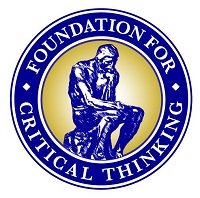
For many years, the military arena has embraced the work of The Foundation for Critical Thinking. Because of the robust and integrated nature of our work , our framework remains the only explicit approach to critical thinking instruction detailed for use in an Army Techniques Publication (ATP 2-33.4 - Intelligence Analysis ). The Paul-Elder Framework for Critical Thinking ™ is used throughout military programs in all branches and within the intelligence community at many levels. Our approach has been implemented at the U.S. Naval War College, at Georgia Military College, at Fort Leavenworth’s U.S. Army Command and General Staff College, and at many other government and military institutions. Th e Foundation for Critical Thinking continues to play a vital role in developing informed, efficient military leaders and personnel who communicate effectively and want to advance substantive critical thinking through their work in the U.S. Military .
The purpose of this seminar and course is to cultivate higher understandings of critical thinking concepts and principles within your departments, institutions, branches, and throughout all education programs in the military and the intelligence community. Through this seminar and course, you will learn to better employ critical thinking in reasoning through issues and problems every day. You will learn processes for better promoting substantive critical thinking, and for improving decision-making abilities within your education and training courses.
Through this seminar, you will be better able to help students: